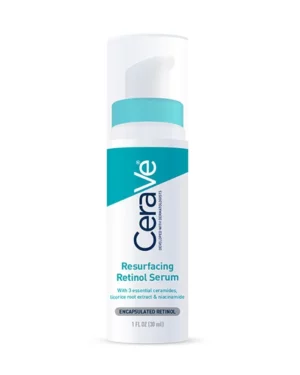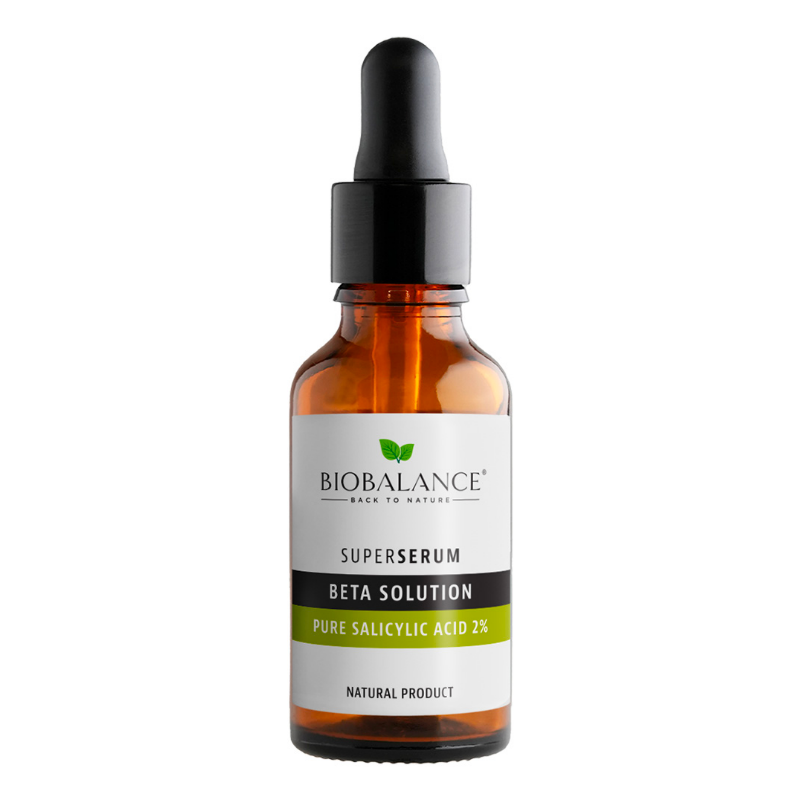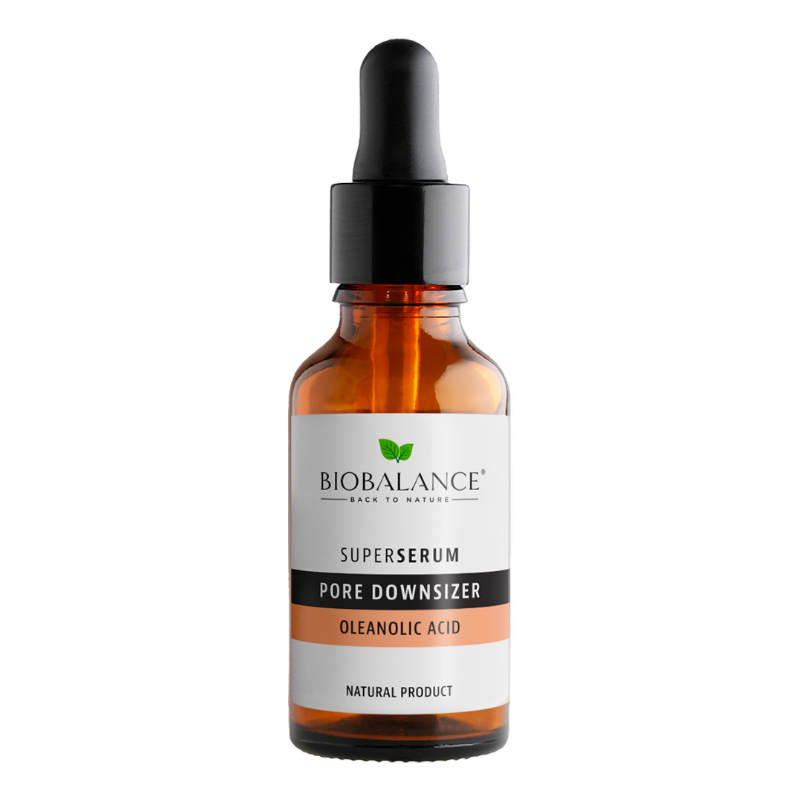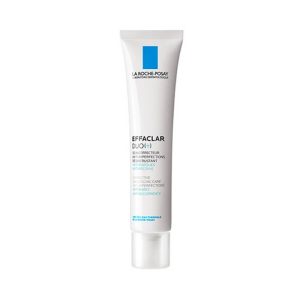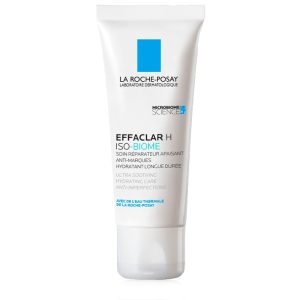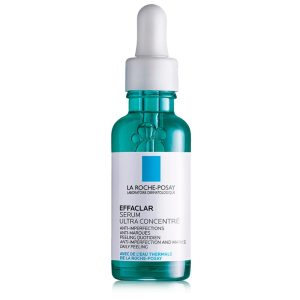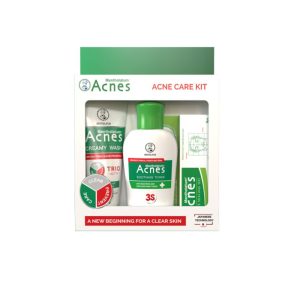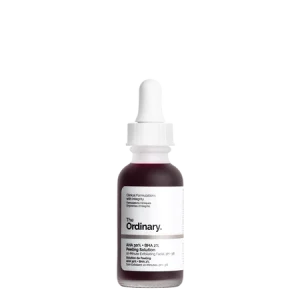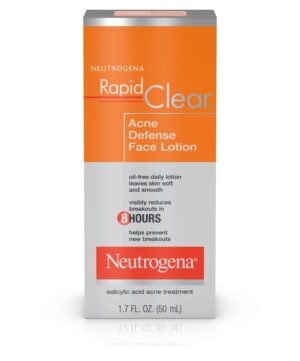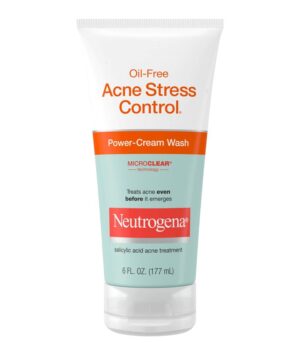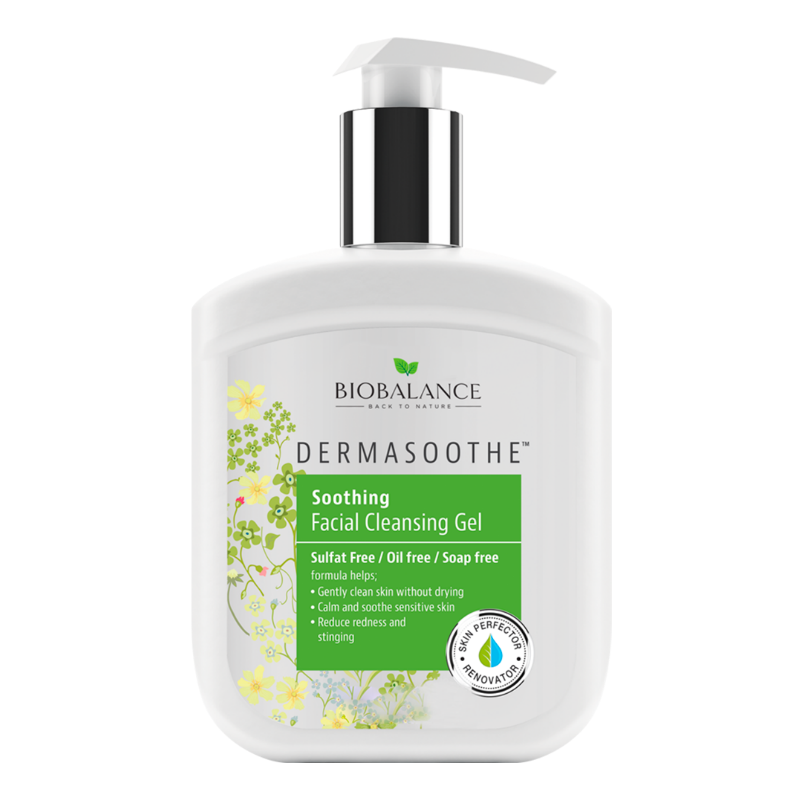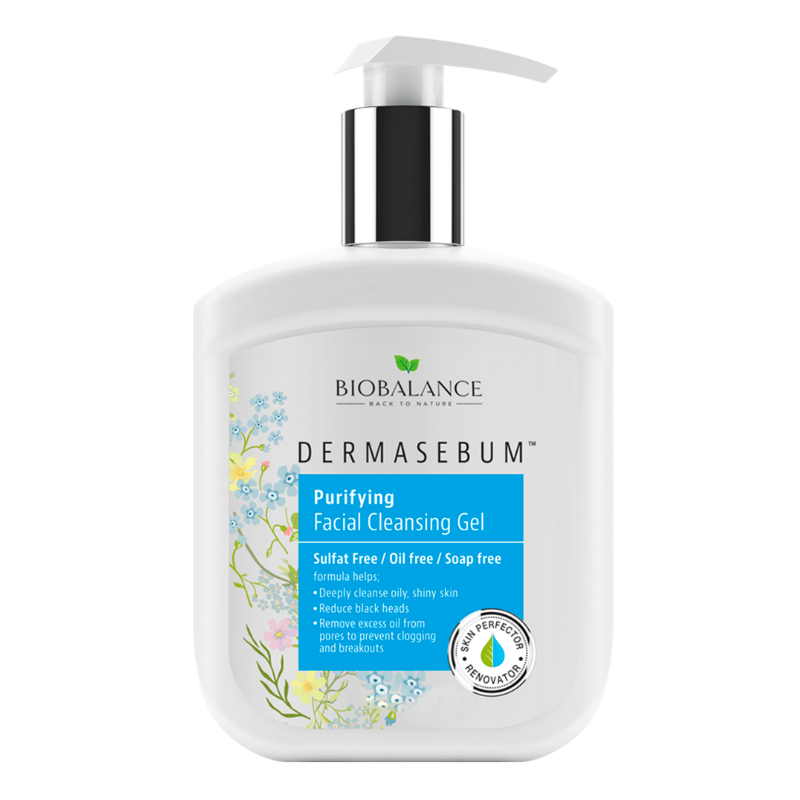What Is Acne?
Acne vulgaris or acne, is a skin disorder in which dead skin cells and oil from the sebaceous glands block hair follicles(pores on your skin). It is characterised by comedones, which can progress to inflammatory papules, pustules, abscesses, and nodules. Acne is a common skin condition that most people will experience at some point in their lives.Which Parts Of The Body Does It Affect?
It primarily affects skin with a high number of sebaceous glands(oil glands), which includes the face, upper chest, and back. Blackheads or whiteheads, pimples, greasy skin, and scarring are all common symptoms. Anxiety and low self-esteem might emerge from this appearance.What Are The Risk Factors Of Developing Acne?
- Alterations in hormones as a result of pregnancy or puberty
- PCOS (polycystic ovarian syndrome) and other endocrine disorders
- Cigarette smoking
- Poor sleep
- High oil-content cleansers, creams, moisturizers, and other beauty products
- Certain drugs, such as lithium, hormonal birth control, anticonvulsants, and steroids
- A history of acne in the family
- Stress
What Are The Different Types Of Acne?
The most common acne lesions are whiteheads and blackheads, both of which are also known as comedones.- Blackheads, also known as open comedones, appear on the surface of the skin. The darker appearance of these pimples is due to oxygen in the air, not dirt.
- Whiteheads, also known as closed comedones, appear as elevated lumps on the skin's surface. They continue to be flesh-coloured.
- Papules- Inflamed or diseased hair follicles generate these little, red, raised pimples.
- Pustules- The tips of these little red pimples are filled with pus.
- Nodules- These firm, often painful lumps form beneath your skin's surface.
- Cysts- These big lumps under your skin frequently contain pus and are painful.
What Are The Treatments Used For Acne?
The ingredients used basically depend on Severity.- Mild- Benzoyl peroxide, Salicylic acid
- Moderate- Prescription-strength benzoyl peroxide, Antibiotics like erythromycin or clindamycin, Retinoids, such as retinol
- Severe- Combinations of one or more of the following:
- oral antibiotics
- benzoyl peroxide
- topical antibiotics
- topical retinoids
Showing 1–12 of 16 results
KSh2,500
KSh2,100
KSh2,250
KSh2,415
KSh2,550
KSh4,440
KSh1,730
KSh2,150
KSh1,860
KSh1,960
KSh1,900
KSh1,900



